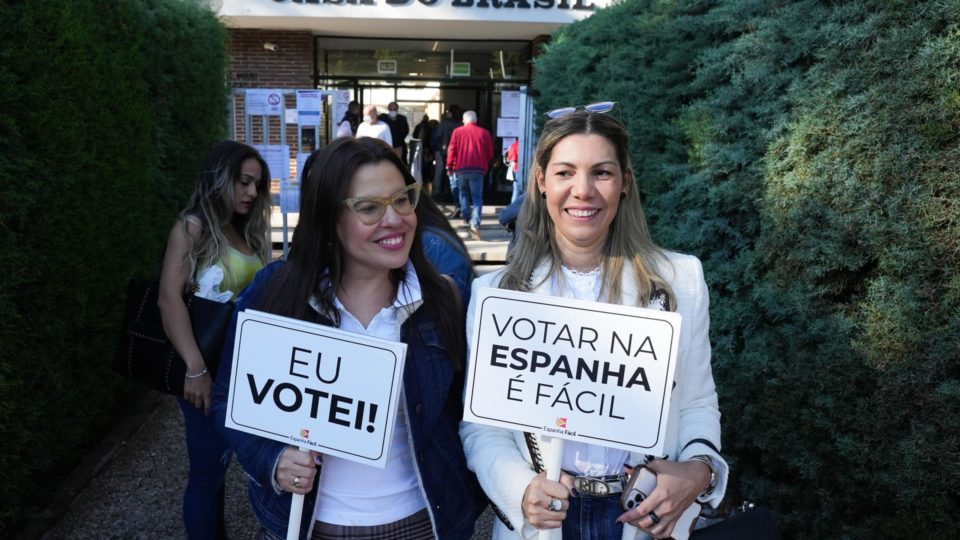In the first round, Brazilians residing abroad preferred Lula. At 22h30, Brasilia time, with 94, 17% of the international polls counted, the candidate received 47, 52% of votes against 44,29% to Jair Bolsonaro. In third to fifth place were Ciro Gomes (4,53%), Simone Tebet (4,181 %) and Felipe D’Ávila (1,30 %).
Voters outside the country may vote only for the office of president. Lula won in cities like Beirut (Lebanon), Dublin (Ireland), Montevideo (Uruguay), Beijing and Shanghai (China), Oslo (Norway). Bolsonaro was the favorite in Abu Dhabi (United Arab Emirates), Asunción (Paraguay), Hong Kong, La Paz (Bolivia), Pretoria (South Africa) and Taipei (Taiwan).
Na China, were 38, 8% of the votes for Lula and 36, 3% for Bolsonaro. In Saudi Arabia they were 47, 15% against 33,33%, respectively. Bolsonaro won in the United Arab Emirates, with 52, 52% against 36,89%, also in Greece, Indonesia, Dominican Republic, Mozambique and Israel, in addition to Japan, where it gained a wide margin of advantage over Lula.
According to the Superior Electoral Court (TSE), there are almost 700 one thousand citizens residing abroad eligible to vote — less than half a percent of the total electorate. The number is almost 40% higher than that observed in the 2018 elections, when they were little more of 500 thousand. The foreign country with the most Brazilian voters is Portugal, with more than 200 thousand. Interestingly, almost 60% of voters who live abroad are women.
Polling locations were offered in 181 cities around the world. Generally, the polls are in embassies and consulates, but the TSE also authorized posts outside these offices in 10 countries.
Psychologist André Luzardo voted in Boston, United States, and told how was the experience for Gazeta do Povo. “Very calm atmosphere, I saw a lot of people, but I didn’t see any advertising”, says André, who took only 10 minutes to vote and used the e-Título application for identification along with a photo document. He says he has seen many cars with the Brazilian flag, but he thinks this reflects more of the surrounding region, which has many Brazilians, than the colors chosen by Bolsonaro. In his opinion, there were too many poll workers and assistants. “Six or seven people just to tell you which room your session was in. Inside my room I counted seven polls, each with four polling stations”, he explains.
Until noon on Sunday (2 ), 52 countries had already closed voting. At 15h, 70 countries closed. Voters themselves were able to access the ballot box and publicize partial results on social networks.
The counting of ballot boxes abroad was slower than the counting for the country, but it was possible to validate the results of the ballot papers published by voters using the TSE’s Boletim na Mão application.


